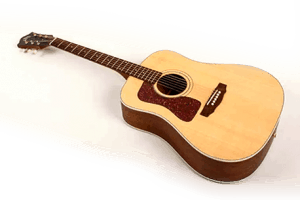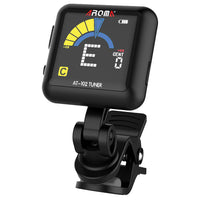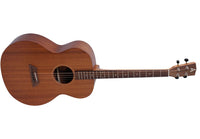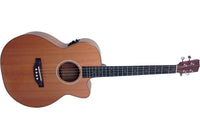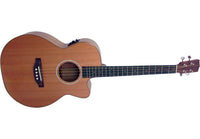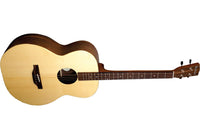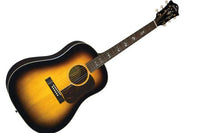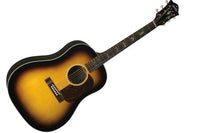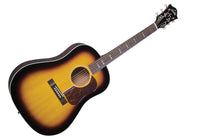Guitar playing would not be what is it today without the 1937 instrument created by Hermann Hauser and popularized by Spanish maestro Andres Segovia. The Córdoba Hauser captures the excitement of this instrument while making it accessible to the modern player.
Made in USA
**This is a SPECIAL Order Model**
Features
- Back & Sides Wood: Solid Indian Rosewood
- Gig Bag: Cordoba Deluxe Humidified Archtop Wood Case Included
- Style: Classical Nylon String
- Top Wood: Solid Engelmann Spruce
- Made in USA
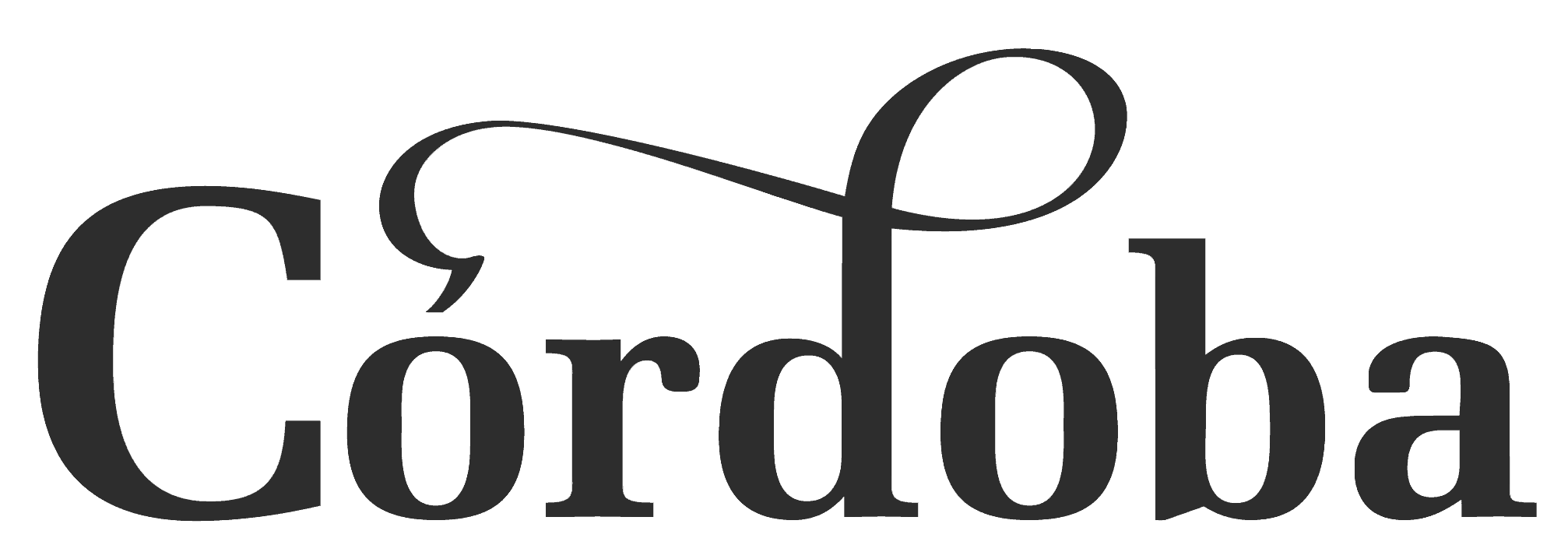
Master Series
| Body Top | Solid Engelmann Spruce |
|---|---|
| Upper Bout Width | 273mm (10 3/4″) |
| Lower Bout Width | 368mm (14 1/2″) |
| Body Depth Upper Bout | 95mm (3 3/4″) |
| Body Depth Lower Bout | 100mm (4″) |
| Body Length | 483mm (19″) |
| Overall Length | 994mm (39 1/8″) |
| Soundhole Diameter | 84mm (3 1/3″) |
| Top Bracing Pattern | 1937 Hauser 7 Fan |
| Back and Sides Wood | Solid Indian Rosewood |
| Top Binding | Indian Rosewood |
| Rosette | All Wood Hauser Design |
| Top Purfling Inlay | Maple, Rosewood and Black |
| Side Purfling Inlay | Maple and Black |
| Back Purfling Inlay | Maple and Green |
| Bridge Material | Indian Rosewood |
| Saddle Material | Bone |
| Scale Length | 650mm (25 1/2″) |
| Neck Material | Spanish Cedar |
| Fingerboard Material | Ebony |
| Nut Width | 52mm (2″) |
| Nut Material | Bone |
| Truss Rod | Dual Action |
| Truss Rod Wrench | 4mm Allen Key |
| Neck Thickness 1st Fret | 21mm |
| Neck Thickness 9th Fret | 24mm |
| Frets Total | 19 |
| Tuning Machines | Cordoba Master Series Matte Gold with Black Buttons |
| Neck Shape | C Shape |
| Finish | Nitrocellulose Lacquer |
| Color | Natural (NAT) |
| Tap Plate | No |
| Strings | Savarez Cristal Corum High Tension 500CJ |
| Included Case | Cordoba Deluxe Humidified Archtop Wood Case |
Due to ongoing product development efforts, specifications are subject to change without notice.
The Hauser Story
Why Hauser?
Herman Hauser’s partnership with musical virtuoso Andres Segovia was an influential, magical moment in the history of music. Prior to this partnership, the guitar was viewed by the larger concert-going public as a somewhat limited “folk” instrument, belonging at home, or at most with the aristocratic elite as a parlor instrument. When Segovia began playing Hauser’s instruments, the guitar began to gain legitimacy as a viable concert instrument. Segovia deemed his 1937 Hauser “the greatest guitar of our epoch.” Segovia tirelessly concertized and recorded with this guitar for decades, winning over audiences and critics little by little, until the classical guitar’s position was secured as a concert-worthy instrument. This 1937 Hauser is now regarded one of the most iconic guitars in history. It now resides in the Metropolitan Museum of Art in New York.
Cordoba’s Approach
Córdoba embarked on designing the Córdoba Hauser by examining an authentic 1937 Hauser from the inside out. With a goal of understanding the essence of this iconic guitar, Córdoba studied wood thickness, bracing designs, material choices, wood grains, and vibration patterns. The combination of Córdoba’s own luthiers’ expert hands, trained eyes, and intuitive ears lead to an examination that was part science and part feel. After listening to and playing these guitars for hours on end, Córdoba fully analyzed the balance, resonance and response of the Hauser to fully inform their own design choices.


